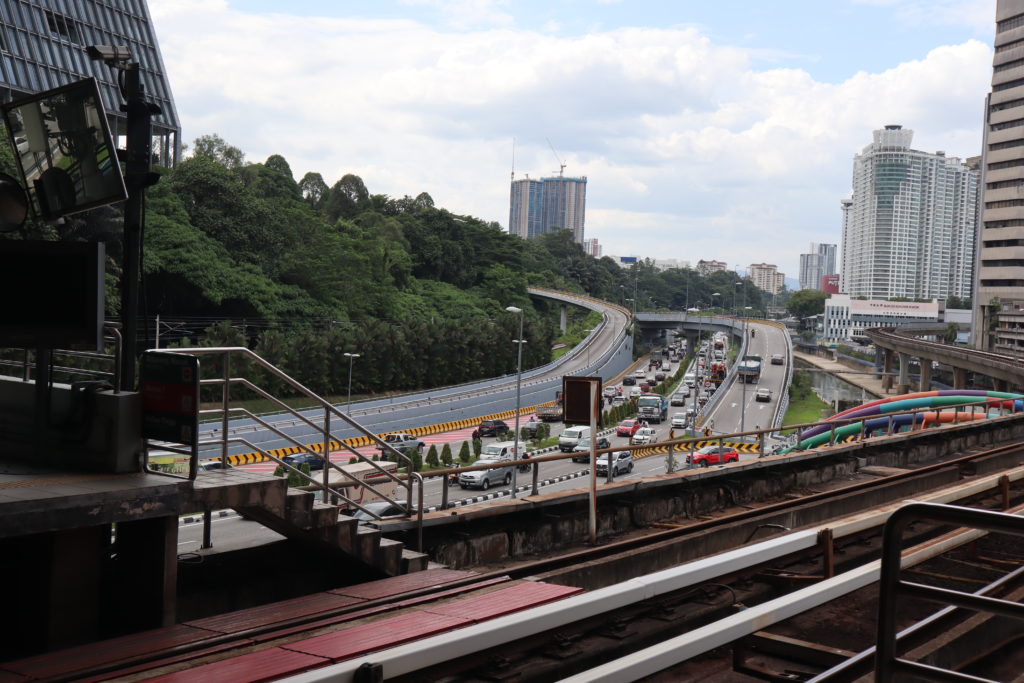
KUALA LUMPUR, March 12 – Having quality and affordable public transportation systems will make it easier for people to transition to the use of public transport and help reduce the number of private vehicles on the road.
This, in turn, will help reduce air pollution coming from the transportation sector, which accounts for a significant 15 percent of greenhouse gas emissions and is currently the world’s second fastest growing source of carbon dioxide in the atmosphere.
This and other possible systemic changes to transform, mordernise and reduce the carbon footprints from the transportation sector were the focus of a recent webinar, “The State of the Transport System” organised by Systems Change Lab and WRI Ross Center for Sustainable Cities.
Hosted and moderated by Ani Dasgupta, President and Chief Executive Officer of WRI, the hour-long discussion with four panelists provided a brief insight to the global transport system from the climate perspective as well five important shifts that the sector would need to take to move towards keeping global warming below 1.5 degrees.
The panelists were François Bausch, Deputy Prime Minister, Minister for Mobility and Public Works and Minister of Defence, Luxembourg, Maruxa Cardama, Secretary General, SLOCAT Partnership on Sustainable, Low Carbon Transport, Binyam Reja, Global Practice Manager for the Transport Practice in the Infrastructure Vice Presidency of the World Bank and Sandra Roling, Director of Transport, The Climate Group.

In his opening remarks, Felipe Ramirez, Urban Mobility Director of WRI Ross Center for Sustainable Cities, said emissions from the transport sector will continue to grow amid the growing population, economy, the need for jobs, travel to work, leisure and so on. Tackling the sector must be seen from the perspective of the people and their travel needs while tackling the issue of GHG emissions. There cannot be one solution but critical shifts must be made in the sector, to meet global climate goals, he said.
While the world has been gearing up towards sustainability including in the transportation sector, more work still needs to be done.
The five major shifts called for in the transportation sector were:
Guarantee reliable access to safe and modern mobility.
Reduce avoidable vehicle and air travel
Shift to public, shared and non-motorized transport
Transition to zero-carbon cars and trucks
Transition to zero-carbon shipping and aviation
The panelists shared their views on the approaches for further electrification of mass and small vehicles, the provision of affordable and accessible transportation system to get more people on mass transport than private cars, the mix of various modes of transport in travel in rural areas, where access to transport can be limited, as well as the creation of more walking and cycling lanes to encourage these mode of travel in cities.
François Bausch spoke about the experience of Luxembourg where public transport became free in 2020 and the need for investment not only in technology change in the transportation system but also in the infrastructures and the redesigning of cities and landscapes to enable active mobility such as walking and cycling for pedestrians and cyclists.
He also said more people were cycling in the city now than 15 years ago, when a cyclist in the city would have been seen as the odd one out.
Bogota’s successful experience in pushing up cycling and walking as the “mode of transport” in the city was also highlighted during the webinar.
–WE